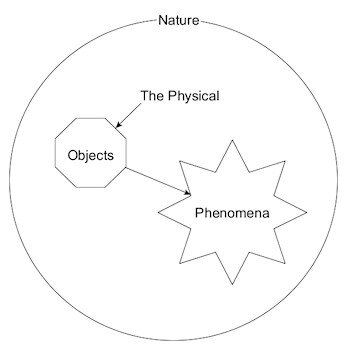Randall
J. Randall Murphy
Unless given a reason to do otherwise, I always begin reading a paper with an open mind. Then, if I see a problem with a claim or hypothesis, it becomes a point of discussion ( at least for me ). The alternative is for me to ignore the problem, in which case, from a critical thinking perspective, there isn't much point in bothering to read the paper in the first place.Or, in some cases, why not read the papers I post with an open mind, entertaining the information they provide for a bit, rather than immediately looking for an argument to counterpose?
Exceptions for this approach might be if one's reason for reading the paper is to simply add the info to one's library of resources, or to evaluate some other aspect of it, like when it includes some of the poetry you've included in the past. Then I just let it make an initial impression while avoiding any intellectual analysis. However afterwards, it's common for me to lookup other people's analysis. and that's often illuminating.
I don't see any mention in the paper of "closed approaches", or "hard approaches" so you need to clarify what you mean by those terms in the context of the paper. I could make assumptions about what you mean, but I'd rather not do that because they might be completely wrong.The Sipfle paper takes on the major issues in the field in an effort to resolve some of them and presents pathways in the research that can avoid the 'pitfalls' of hard and closed approaches that prevent progress in cooperative efforts to make progress in this vexed subject.
Last edited:


